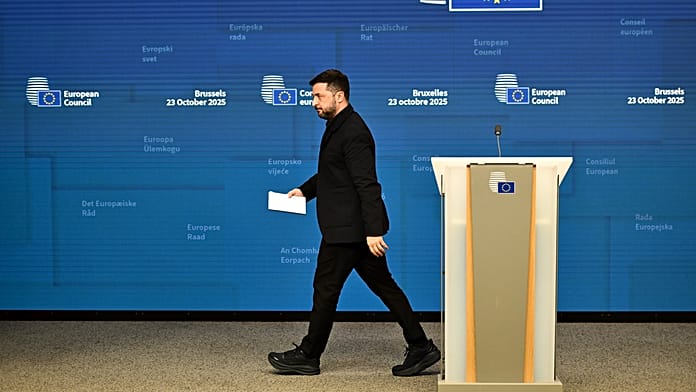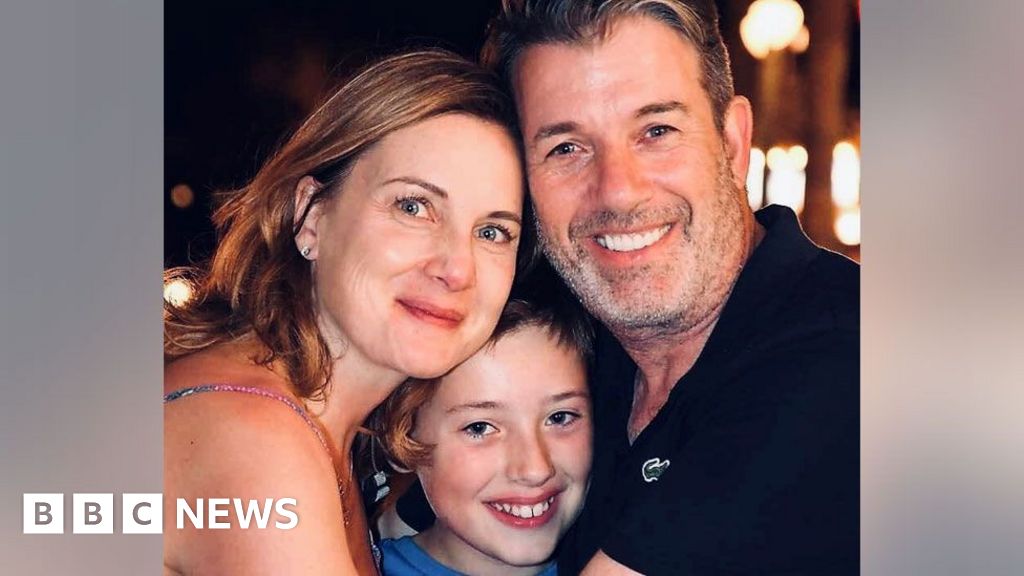Jeremy Hunt urged to end freeze as ordinary savers ‘doing the responsible thing’ to be hit with tax bill
Chancellor Jeremy Hunt is being urged to end the freeze on the personal savings allowance, as more and more savers face paying tax on the interest earned on their savings.The threshold has remained frozen at £1,000 for basic rate taxpayers since it was introduced in 2016, and amid higher interest rates on cash savings, even those with modest savings are now at risk of breaching the allowance.Higher 40 per cent rate taxpayers can earn £500 in tax-free cash interest on savings outside of ISAs per tax year thanks to the personal savings allowance.Speaking ahead of the Autumn Statement, Tom Selby, head of retirement policy at AJ Bell, said the firm continues to call on the Chancellor to end the freeze on the personal savings allowance.He said: “The number of people set to pay tax on cash savings interest is set to rise by a million this year alone, as a consequence of the frozen threshold which has not been adjusted to reflect inflation and rising interest rates. “This includes over 1.4 million basic rate taxpayers and low earners, demonstrating that this tax is impacting everyday Brits, as well as wealthy individuals with large sums in cash.”Mr Selby explained tax bills are either paid through self-assessment or tax code adjustments, but warned “many” people won’t be aware they owe the tax until HMRC sends them a letter to change their tax code to deduct the money from their payslip.He said: “It shouldn’t be the case that ordinary savers are caught up in tax complexity for doing the responsible thing and building a savings pot. “Doubling the personal savings allowance would mean that £20,000 held in a five per cent savings account would not be taxed for basic and higher rate taxpayers, ending the penalty on those who do the responsible thing by building up a cash savings buffer for a rainy day.”Savers with as little as just under £8,200 in cash savings could now be charged tax on the interest they earn, research by BestInvest shows, depending on the interest rate applied to their savings pot and whether they are a basic or higher rate taxpayer.Alice Haine, personal finance analyst at BestInvest, said: “All this means that hunting out the best savings rates to secure bumper returns might sound like a good idea, but many are unaware their savings are liable for tax on any interest over the allowance at their marginal rate of tax unless it is sheltered in a tax-free ISA wrapper.“Nobody wants to pay tax on their rainy-day fund, so savers with significant cash sums stashed in a high-interest savings account must consider the tax efficiency of their savings pot very carefully. “The point at which a nest egg is liable for tax depends on the interest rate applied to the account – and also sometimes on how the tax is applied (monthly or annually) - so savers with more attractive savings rates might find they become liable to a tax payment at a much lower level of savings than they had anticipated.“And many savers don’t even realise they could be liable for tax at all.”LATEST DEVELOPMENTS:Horrified Amazon customer tricked out of £11,000 by super-sophisticated scamSkipton Building Society launches new savings option to 'prolong lofty rates'Millions struggling to save could boost savings by up to £1,200 via ‘really good’ schemeAccording to the best one-year fix on October 11, which paid 6.12 per cent AER (the top rate is now 6.11 per cent according to Moneyfactscompare.co.uk), a basic rate taxpayer could have £16,340 in their savings before interest is taxed, while it was £8,170 for higher-rate taxpayers, BestInvest said.Last October, when the top rate was 4.11 per cent AER, basic-rate taxpayers could save £24,331 tax-free, and £12,166 for higher-rate taxpayers.Based on a 5.2 per cent AER interest rate – which was the top easy access account on October 11 (it’s now 5.3 per cent according to Moneyfactscompare.co.uk), basic rate taxpayers could save £19,231 and higher rate taxpayers could save £9,616 without being taxed.In comparison, when the top easy access account paid 2.35 per cent last year, the tax-free limits were £42,554 and £21,277.
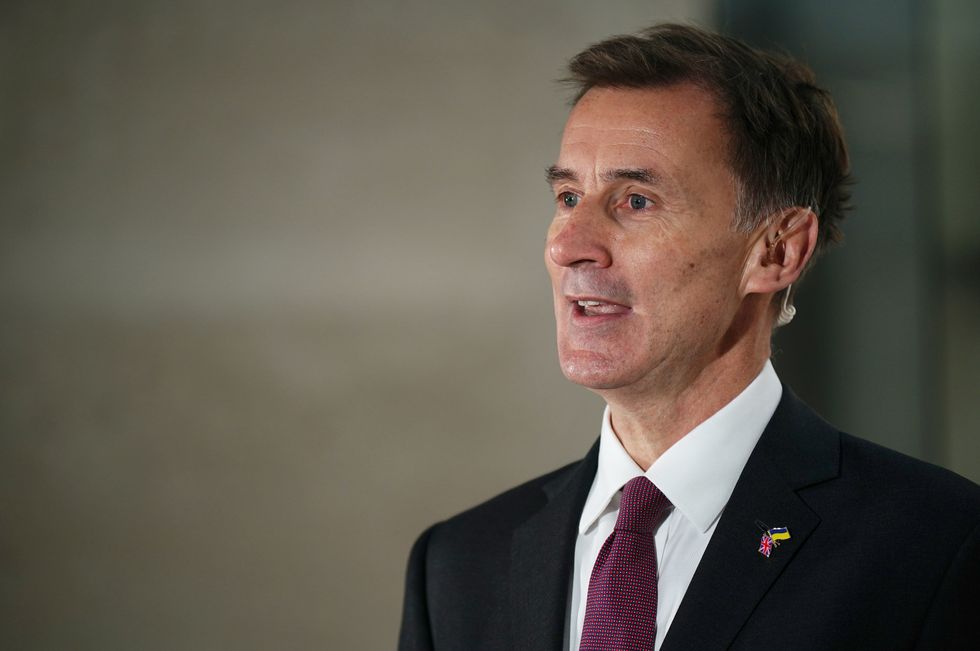
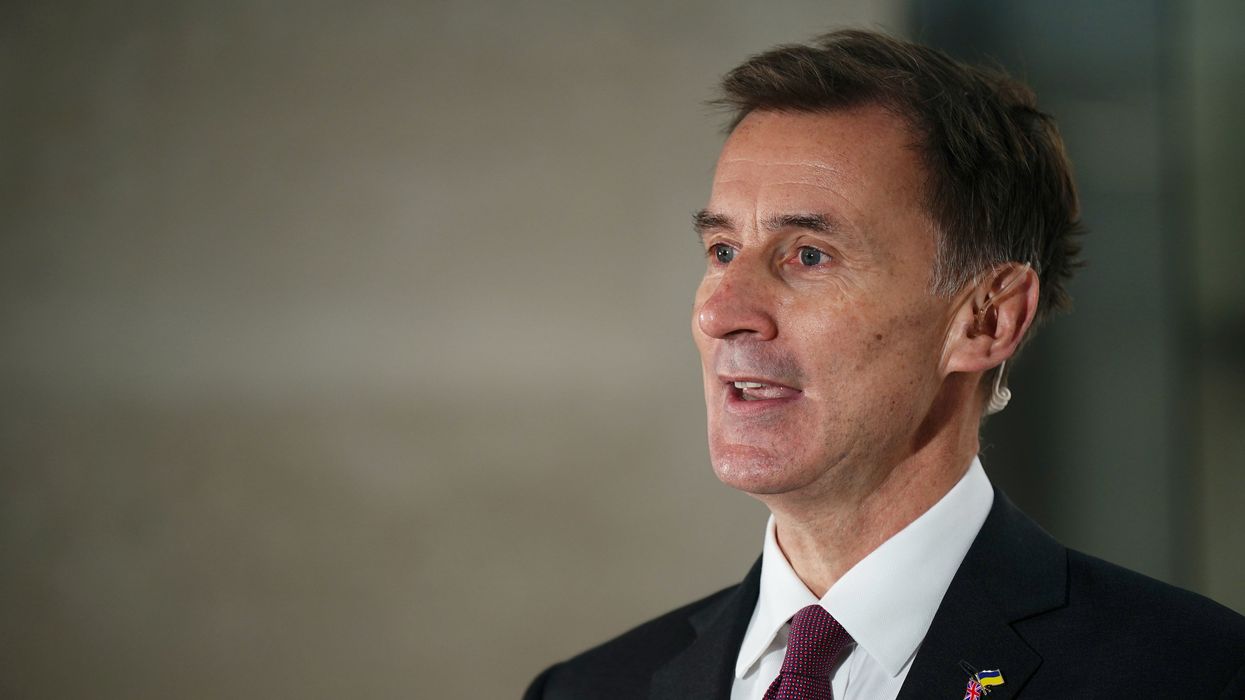
Chancellor Jeremy Hunt is being urged to end the freeze on the personal savings allowance, as more and more savers face paying tax on the interest earned on their savings.
The threshold has remained frozen at £1,000 for basic rate taxpayers since it was introduced in 2016, and amid higher interest rates on cash savings, even those with modest savings are now at risk of breaching the allowance.
Higher 40 per cent rate taxpayers can earn £500 in tax-free cash interest on savings outside of ISAs per tax year thanks to the personal savings allowance.
Speaking ahead of the Autumn Statement, Tom Selby, head of retirement policy at AJ Bell, said the firm continues to call on the Chancellor to end the freeze on the personal savings allowance.

He said: “The number of people set to pay tax on cash savings interest is set to rise by a million this year alone, as a consequence of the frozen threshold which has not been adjusted to reflect inflation and rising interest rates.
“This includes over 1.4 million basic rate taxpayers and low earners, demonstrating that this tax is impacting everyday Brits, as well as wealthy individuals with large sums in cash.”
Mr Selby explained tax bills are either paid through self-assessment or tax code adjustments, but warned “many” people won’t be aware they owe the tax until HMRC sends them a letter to change their tax code to deduct the money from their payslip.
He said: “It shouldn’t be the case that ordinary savers are caught up in tax complexity for doing the responsible thing and building a savings pot.
“Doubling the personal savings allowance would mean that £20,000 held in a five per cent savings account would not be taxed for basic and higher rate taxpayers, ending the penalty on those who do the responsible thing by building up a cash savings buffer for a rainy day.”
Savers with as little as just under £8,200 in cash savings could now be charged tax on the interest they earn, research by BestInvest shows, depending on the interest rate applied to their savings pot and whether they are a basic or higher rate taxpayer.
Alice Haine, personal finance analyst at BestInvest, said: “All this means that hunting out the best savings rates to secure bumper returns might sound like a good idea, but many are unaware their savings are liable for tax on any interest over the allowance at their marginal rate of tax unless it is sheltered in a tax-free ISA wrapper.
“Nobody wants to pay tax on their rainy-day fund, so savers with significant cash sums stashed in a high-interest savings account must consider the tax efficiency of their savings pot very carefully.
“The point at which a nest egg is liable for tax depends on the interest rate applied to the account – and also sometimes on how the tax is applied (monthly or annually) - so savers with more attractive savings rates might find they become liable to a tax payment at a much lower level of savings than they had anticipated.
“And many savers don’t even realise they could be liable for tax at all.”
LATEST DEVELOPMENTS:
- Horrified Amazon customer tricked out of £11,000 by super-sophisticated scam
- Skipton Building Society launches new savings option to 'prolong lofty rates'
- Millions struggling to save could boost savings by up to £1,200 via ‘really good’ scheme
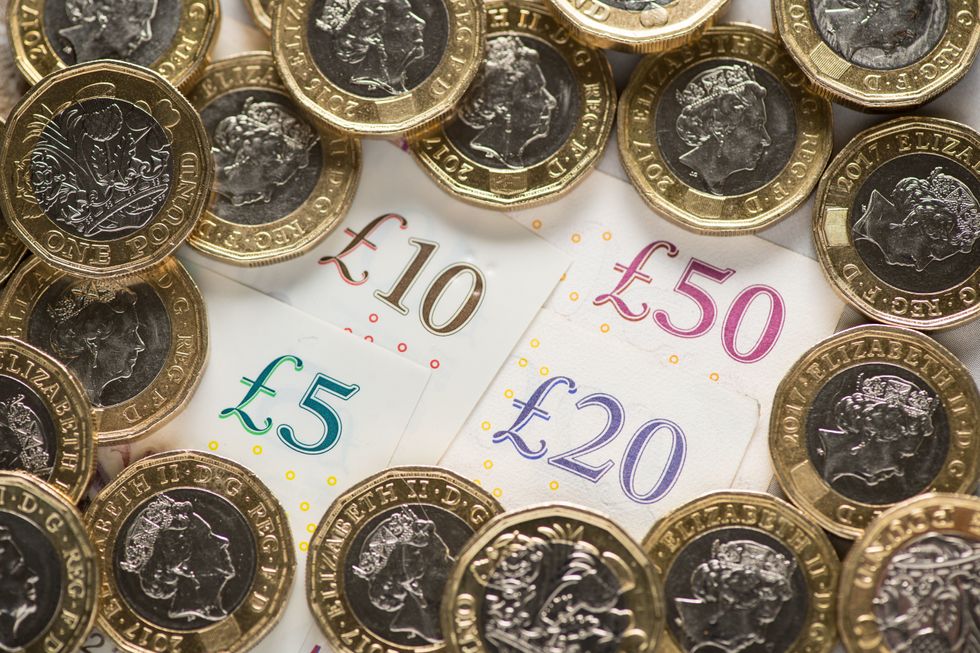
According to the best one-year fix on October 11, which paid 6.12 per cent AER (the top rate is now 6.11 per cent according to Moneyfactscompare.co.uk), a basic rate taxpayer could have £16,340 in their savings before interest is taxed, while it was £8,170 for higher-rate taxpayers, BestInvest said.
Last October, when the top rate was 4.11 per cent AER, basic-rate taxpayers could save £24,331 tax-free, and £12,166 for higher-rate taxpayers.
Based on a 5.2 per cent AER interest rate – which was the top easy access account on October 11 (it’s now 5.3 per cent according to Moneyfactscompare.co.uk), basic rate taxpayers could save £19,231 and higher rate taxpayers could save £9,616 without being taxed.
In comparison, when the top easy access account paid 2.35 per cent last year, the tax-free limits were £42,554 and £21,277.























